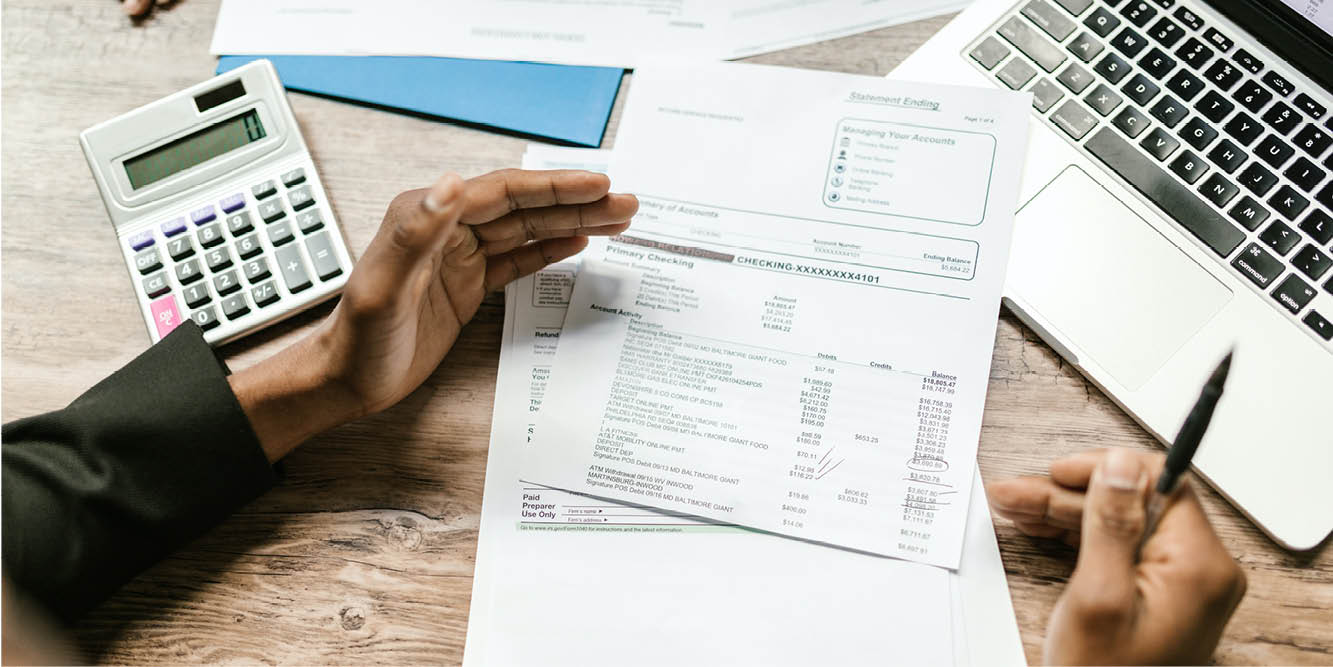
Do I Need to Pay Tax on My Bonus?
Receiving a bonus at work can be a rewarding experience, whether it’s for meeting targets, performing well, or recognizing your contributions to the company. However, it’s important to understand how bonuses are taxed under the Pay As You Earn (PAYE) system in the UK. Many employees are surprised by the amount of tax deducted from their bonus payments, so this guide aims to explain how the process works, why it might seem like you’re paying more tax than usual, and how CANGAF can help ensure your taxes are handled efficiently.
What Is PAYE and How Does It Apply to Bonuses?
Pay As You Earn (PAYE) is the UK system for collecting income tax and National Insurance contributions (NICs) directly from your wages. Under PAYE, your employer deducts tax and NICs from your salary before you receive it, and this system also applies to any bonuses you receive.
Bonuses Are Treated as Income
Bonuses are treated as part of your earnings, which means they are subject to the same tax and National Insurance as your regular salary. If you’re on the basic rate of tax, you might expect to pay 20% on your bonus, but depending on your total earnings, the tax rate on your bonus could be higher.
Why Does It Feel Like You’re Paying More Tax on Your Bonus?
One of the common concerns people have when receiving a bonus is that they seem to be taxed more heavily than on their regular salary. The reason for this perception is that bonuses are often paid in a lump sum, and when combined with your regular salary for that month, it can push you temporarily into a higher tax bracket.
For example:
- If your annual income normally falls within the basic rate (20%) tax band, but your bonus increases your monthly earnings significantly, that particular month’s earnings may be taxed at the higher rate (40%). This can make it feel like you’re paying more tax on your bonus.
- However, over the course of the year, your total tax liability will balance out, and any overpayments might be adjusted through your PAYE code or a tax refund.
Understanding the Tax Bands and Thresholds
The amount of tax you pay on your bonus depends on your total earnings for the year. In the UK, the income tax rates are tiered based on your total income:
- Personal Allowance: The first £12,570 of your income is tax-free.
- Basic Rate (20%): For earnings between £12,571 and £50,270.
- Higher Rate (40%): For earnings between £50,271 and £125,140.
- Additional Rate (45%): For earnings over £125,140.
When you receive a bonus, it is added to your overall earnings, and depending on the size of your bonus, it could push part of your income into a higher tax band.
Example:
Let’s say you earn £40,000 annually and receive a £10,000 bonus:
- Your regular salary is taxed at the basic rate of 20%.
- However, because your bonus increases your total earnings to £50,000, part of your bonus will be taxed at 20%, and part may fall into the higher rate tax band at 40%.
National Insurance Contributions on Bonuses
In addition to income tax, you will also pay National Insurance on your bonus. This is calculated at the same rate as your regular salary:
- 12% on earnings between £12,570 and £50,270.
- 2% on earnings above £50,270.
How PAYE Works with Your Bonus
Under the PAYE system, your employer deducts tax and National Insurance from your bonus at the time of payment, just like they do with your regular salary. The key to understanding the tax impact is recognizing that bonuses can cause fluctuations in how much tax you owe in the short term.

Employers often apply the same tax code to bonuses as they do to your regular wages, but if a bonus puts you into a higher tax bracket for that month, it could result in more tax being deducted than you expected.
PAYE Tax Code Adjustments
If you think you’ve paid too much tax on your bonus, HMRC may adjust your PAYE tax code for future months to ensure the correct amount of tax is deducted over the course of the year. This can happen automatically, but it’s essential to keep an eye on your tax code and ensure it’s correct.
If you notice that you’ve been taxed incorrectly, CANGAF Accountants can assist you in checking your tax code and requesting a refund if necessary.
What If I Receive My Bonus in a Different Tax Year?
If your bonus is paid at the end of the tax year, it could affect your tax band for that year and the following year. For example, a bonus paid in March could push you into a higher tax band for that year, but in the new tax year (starting in April), your income will reset.
Tax Planning Strategies for Bonuses
To avoid pushing yourself into a higher tax band in a single year, some companies offer the option to spread bonus payments across multiple years. This strategy could help reduce the tax burden by keeping your earnings within the lower tax brackets over time.
For personalized tax planning advice, CANGAF can help you explore strategies to maximize your take-home pay and minimize your tax liabilities.
Tax Refunds for Overpaid Tax on Bonuses
If you believe you’ve paid too much tax on your bonus, you may be entitled to a tax refund. Overpayments can occur if:
- You are temporarily pushed into a higher tax bracket by your bonus but your total annual earnings fall within the lower tax bands.
- Your tax code was incorrect at the time the bonus was paid.
To claim a refund, you can:
- Check your P60 or P45 to see how much tax you’ve paid.
- Use the HMRC’s online tax refund tool to check if you’re owed a refund.
- Contact CANGAF Accountants to handle the process for you.
Bonuses and the Self-Assessment Tax Return
If you’re a higher earner or have multiple sources of income, you may need to complete a Self-Assessment Tax Return. This is particularly relevant if:
- You receive significant bonuses that push you into the higher or additional rate tax bands.
- You have income from other sources, such as dividends, rental income, or investments.
CANGAF Accountants can assist with completing your Self-Assessment, ensuring that all your bonuses and additional income are reported correctly.
How CANGAF Can Help with Bonus Taxation
At CANGAF, we specialize in helping individuals and businesses navigate the complexities of the UK tax system, including the taxation of bonuses. Our team of experts can:
- What counts as business travel expenses, and how can the cost be claimed via self-assessment?
- How many years can HMRC go back for self-assessment?
- How does HMRC know I have rental income?
- What do you do if you are new to completing self-assessment tax returns?
- Do HMRC check self-assessment returns?
- Ensure your tax code is correct and that you’re not overpaying on your bonus.
- Help with tax planning strategies to reduce your overall tax burden.
- Assist in claiming back any overpaid tax or National Insurance contributions.
- Provide support with filing Self-Assessment tax returns.
By working with CANGAF, you can take the stress out of managing your taxes and focus on enjoying the rewards of your hard-earned bonus.
Conclusion
Receiving a bonus can be a great financial boost, but it’s essential to understand how taxes apply to this extra income. Bonuses are taxed like regular earnings under the PAYE system, which may temporarily push you into a higher tax bracket, leading to higher deductions. However, with proper planning and by ensuring your tax code is correct, you can minimize the impact and maximize your take-home pay.
For expert advice on managing the taxation of your bonuses, or if you’re concerned about overpayment, CANGAF Accountants can provide comprehensive support to ensure your taxes are handled efficiently and accurately. Reach out today to learn more about how we can assist you with your personal tax planning.


